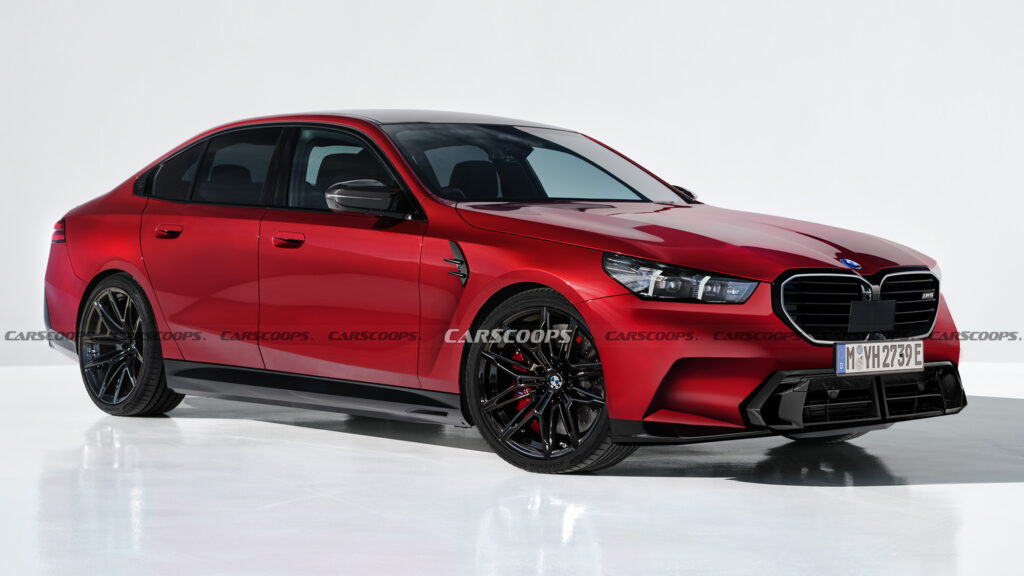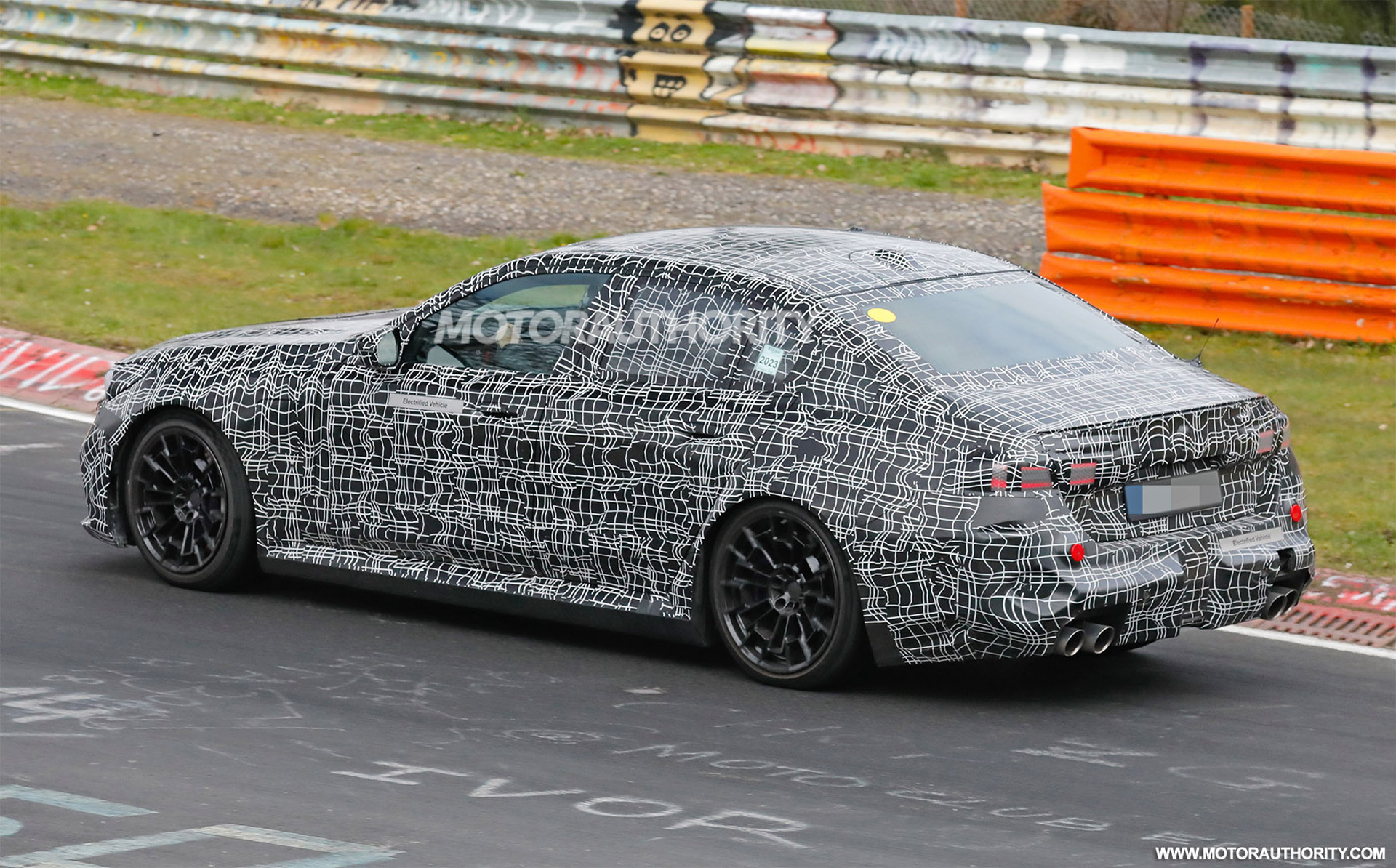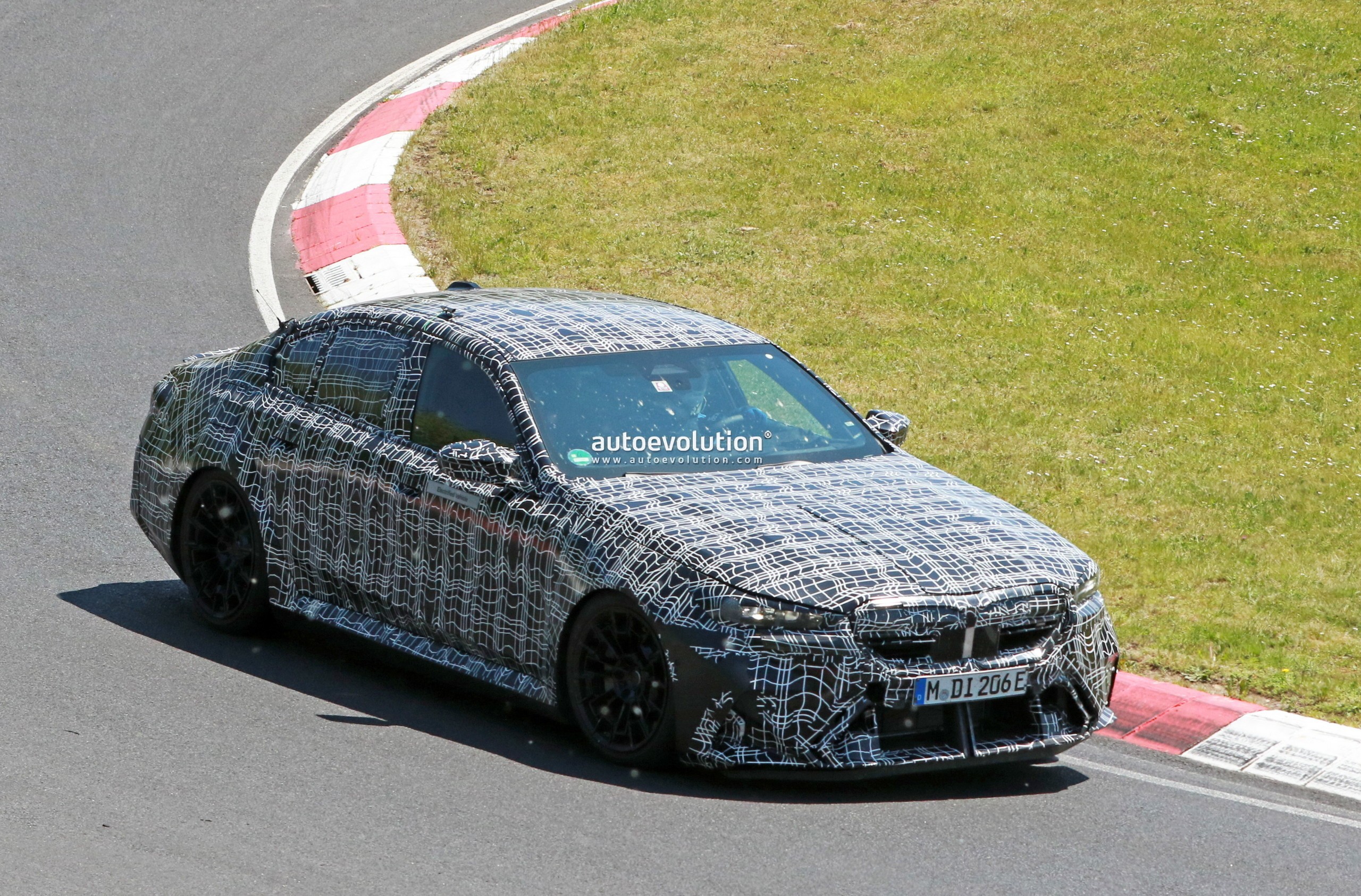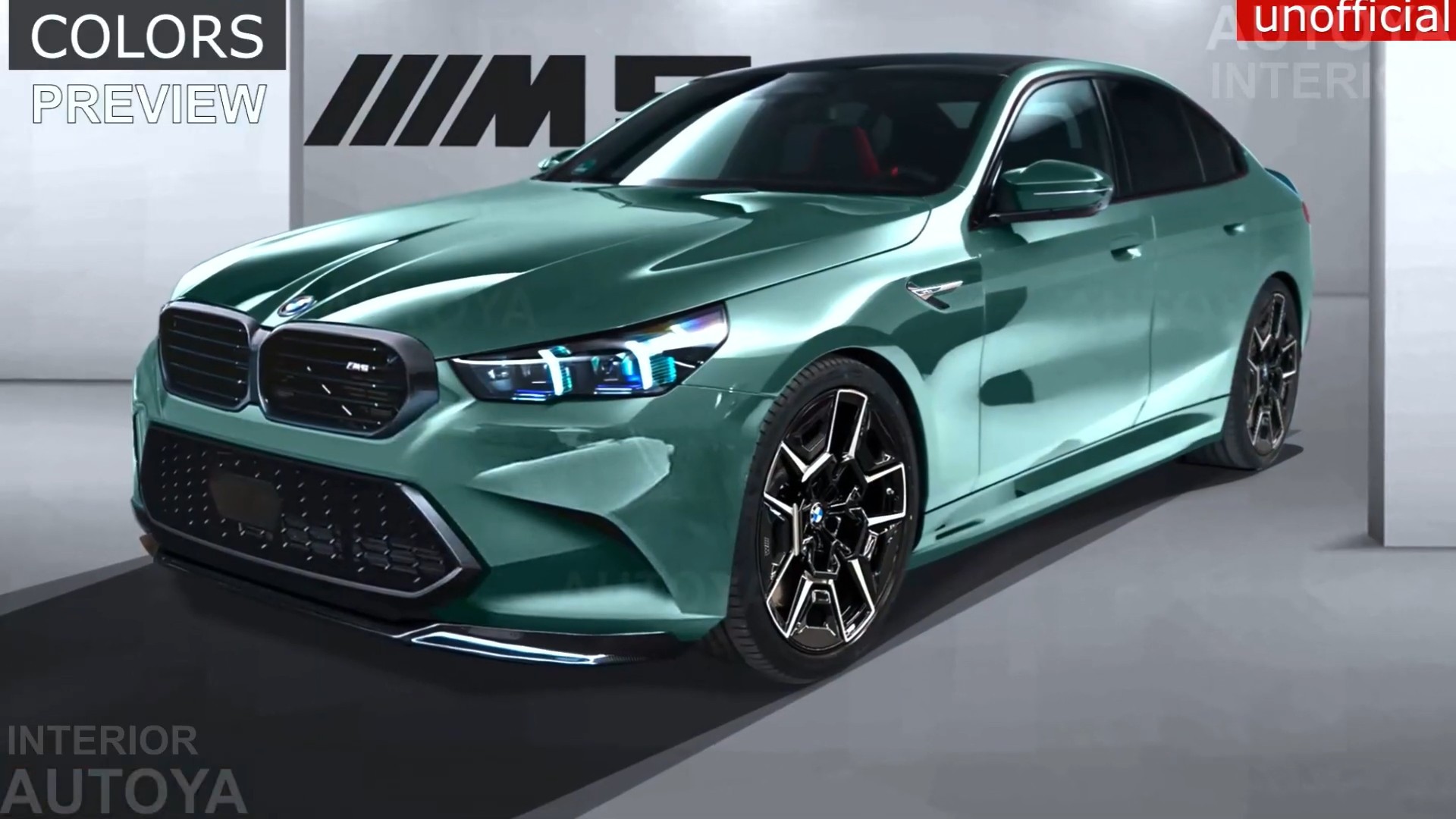The Weight Of Performance: Dissecting The 2025 BMW M5’s Weight

The Weight of Performance: Dissecting the 2025 BMW M5’s Weight
The BMW M5 has long been a benchmark in the high-performance sedan segment, renowned for its blistering acceleration, precise handling, and luxurious interior. However, in an era of increasing focus on efficiency and environmental concerns, the weight of these performance machines has become a critical factor.
As we approach the anticipated release of the 2025 BMW M5, the question of its weight looms large. Will BMW prioritize power and performance, potentially sacrificing some weight in the process? Or will they adopt a more balanced approach, prioritizing efficiency and agility without compromising the iconic M5 character?
This article delves into the intricacies of the 2025 BMW M5’s weight, exploring the factors influencing it, the potential benefits and drawbacks of various weight management strategies, and the implications for the car’s overall performance and driving experience.
The Weight Game: Factors Influencing the 2025 M5’s Mass
The weight of the 2025 BMW M5 is a complex equation, influenced by a multitude of factors:
1. Powertrain and Drivetrain:
- Engine: The heart of the M5, the engine will play a significant role in determining its overall weight. While the current M5 utilizes a powerful 4.4-liter twin-turbo V8, rumors suggest the 2025 model might embrace a hybrid setup, potentially incorporating a smaller, lighter engine coupled with an electric motor. This could offer a significant weight reduction compared to the current V8, although the weight of the battery pack would need to be considered.
- Transmission: The transmission, likely an 8-speed automatic, will contribute to the overall weight. However, advancements in transmission technology could potentially lead to lighter, more efficient units.
- Drivetrain: The M5’s all-wheel-drive system adds weight but provides superior traction and handling. The 2025 model could potentially incorporate a lighter, more efficient AWD system to minimize this impact.
2. Body and Chassis:
- Material Selection: The 2025 M5 will likely continue to utilize a mix of materials, including steel, aluminum, and carbon fiber. The strategic use of lightweight materials, particularly carbon fiber, could significantly reduce the car’s weight. However, the cost of such materials might influence their implementation.
- Design and Construction: The body design and construction techniques employed will impact the car’s overall weight. Utilizing advanced manufacturing processes like laser welding could help reduce weight without compromising structural integrity.
3. Interior and Equipment:
- Luxury Features: The M5’s luxurious interior, with its high-quality materials and advanced technology, contributes to its weight. The 2025 model might offer various weight-saving options, like lighter seats, reduced sound insulation, or a streamlined infotainment system.
- Safety Features: Advanced safety features, while essential, add weight. The 2025 M5 might employ lightweight materials and efficient designs to minimize the impact of these features on overall weight.
The Weight-Performance Trade-Off: A Balancing Act
The 2025 BMW M5’s weight is a crucial factor influencing its performance and driving experience. While a lighter car generally translates to better acceleration, handling, and fuel efficiency, it can also compromise its overall strength and safety.
Benefits of a Lighter M5:
- Improved Acceleration: A lighter car requires less power to accelerate, resulting in quicker 0-60 mph times and a more responsive driving experience.
- Enhanced Handling: A lighter car exhibits better agility and handling, allowing for sharper cornering and quicker transitions.
- Increased Fuel Efficiency: Reducing the car’s weight directly translates to improved fuel economy, making it more environmentally friendly.
- Improved Braking Performance: A lighter car requires less braking force, resulting in shorter stopping distances and improved braking performance.
Drawbacks of a Lighter M5:
- Compromised Strength and Safety: Sacrificing weight could potentially compromise the car’s structural integrity, impacting its safety performance in the event of an accident.
- Reduced Comfort and Refinement: Lightweight materials might not provide the same level of sound insulation and vibration dampening, potentially affecting the car’s comfort and refinement.
- Increased Cost: Utilizing expensive lightweight materials, like carbon fiber, could significantly increase the car’s overall cost.
Potential Weight Management Strategies for the 2025 M5:
BMW could employ various strategies to manage the 2025 M5’s weight:
- Hybrid Powertrain: Incorporating a hybrid powertrain, potentially with a smaller, lighter engine and an electric motor, could significantly reduce weight compared to the current V8.
- Lightweight Materials: Utilizing lightweight materials like carbon fiber for the body panels, chassis, and interior components could significantly reduce weight without compromising structural integrity.
- Optimized Design and Construction: Employing advanced manufacturing processes like laser welding and lightweight construction techniques could minimize weight without sacrificing strength.
- Streamlined Interior: Reducing the number of luxury features and streamlining the infotainment system could help reduce the car’s overall weight.
- Weight-Saving Options: Offering weight-saving options like lighter seats, reduced sound insulation, and optional carbon fiber components could allow customers to customize their M5’s weight and performance.
The Impact of Weight on the 2025 M5’s Driving Experience:
The 2025 BMW M5’s weight will significantly impact its driving experience:
- Acceleration and Performance: A lighter M5 will translate to quicker acceleration and a more responsive driving experience.
- Handling and Agility: A lighter M5 will exhibit better handling and agility, allowing for sharper cornering and quicker transitions.
- Fuel Efficiency and Environmental Impact: A lighter M5 will offer improved fuel economy and a reduced environmental footprint.
- Braking Performance: A lighter M5 will require less braking force, resulting in shorter stopping distances and improved braking performance.
- Ride Comfort and Refinement: Utilizing lightweight materials could potentially affect the car’s ride comfort and refinement, potentially leading to a less comfortable driving experience.
Conclusion: The Weight of Expectations
The weight of the 2025 BMW M5 is a critical factor influencing its performance, driving experience, and environmental impact. While a lighter car generally translates to better acceleration, handling, and fuel efficiency, it can also compromise its overall strength and safety.
BMW will likely adopt a balanced approach, utilizing a combination of lightweight materials, optimized design and construction, and potentially a hybrid powertrain to achieve a weight reduction without sacrificing the iconic M5 character. The 2025 M5 will likely offer a unique blend of performance, efficiency, and luxury, showcasing BMW’s commitment to pushing the boundaries of automotive engineering.
The weight of the 2025 BMW M5 will ultimately be a reflection of BMW’s commitment to balancing performance, efficiency, and the evolving needs of the automotive market. It will be a fascinating chapter in the M5’s legacy, a testament to BMW’s ability to adapt and innovate while staying true to its core values.







